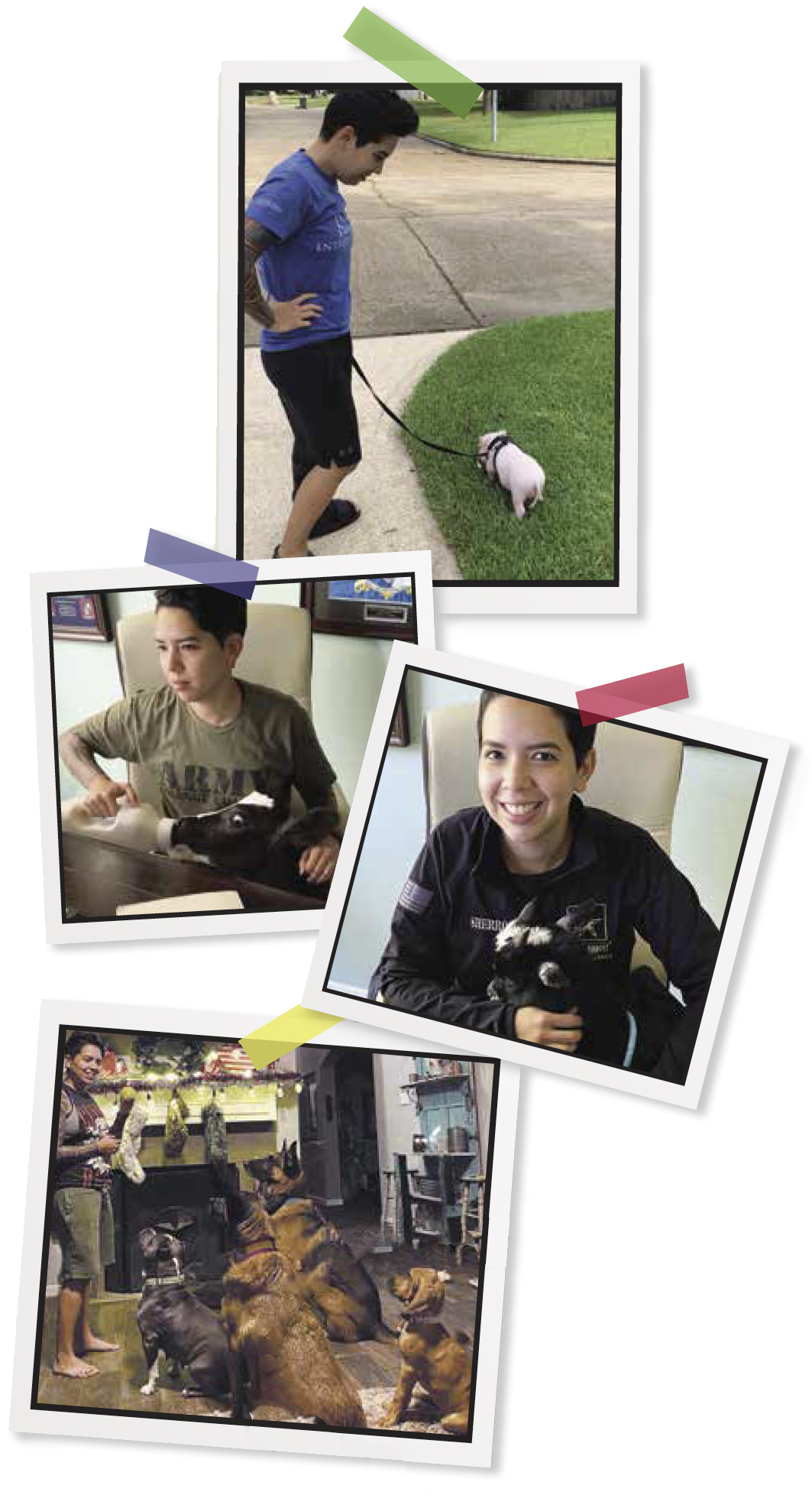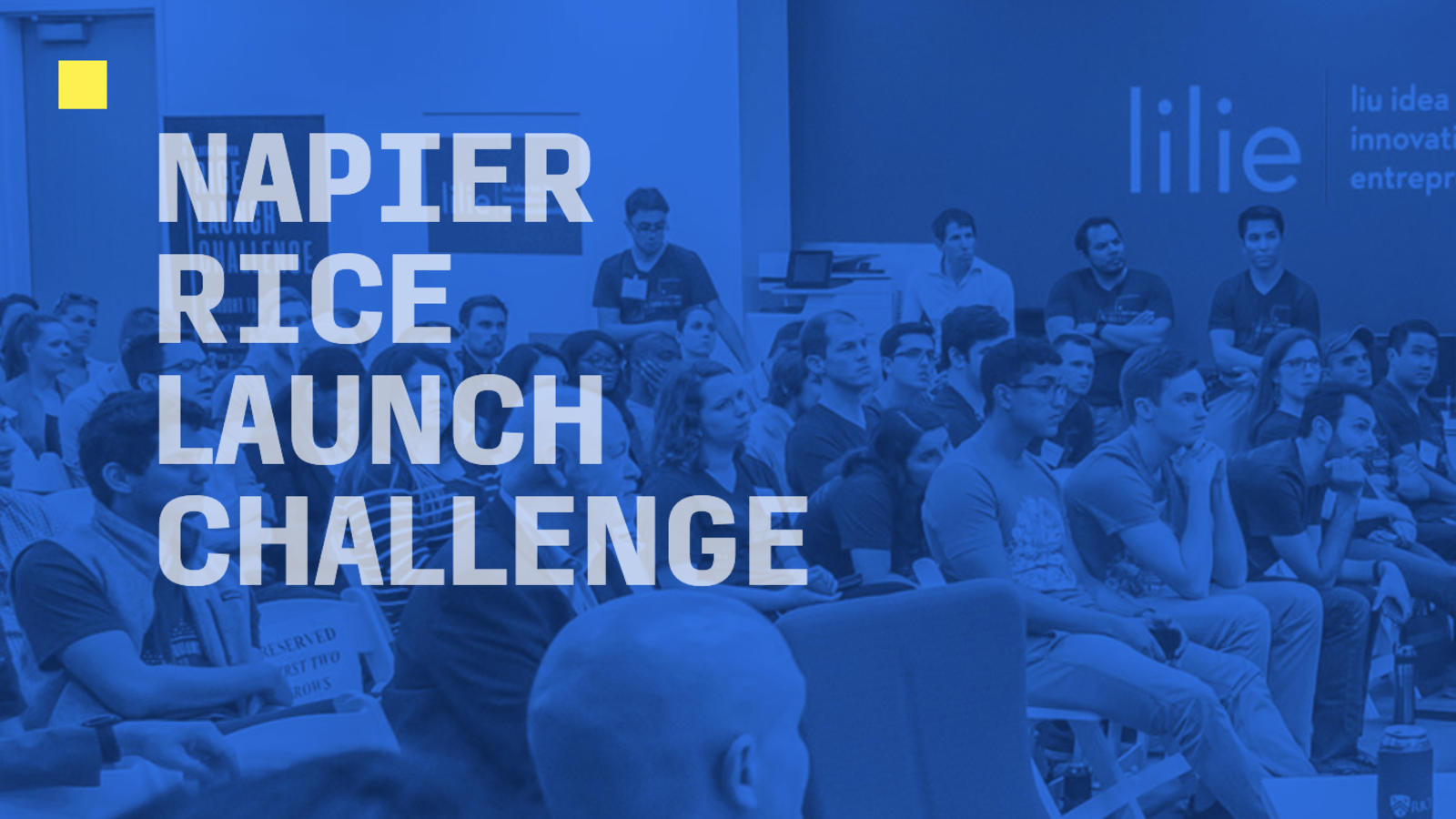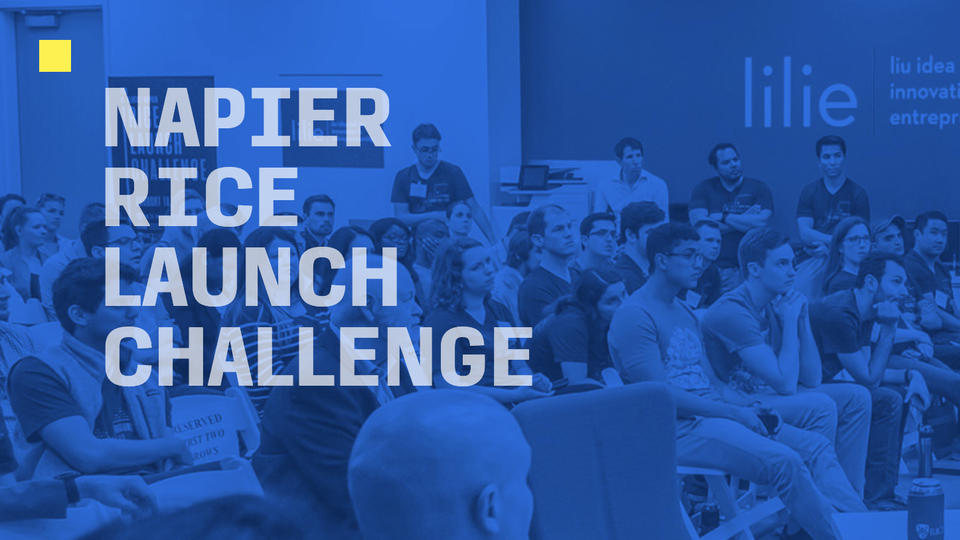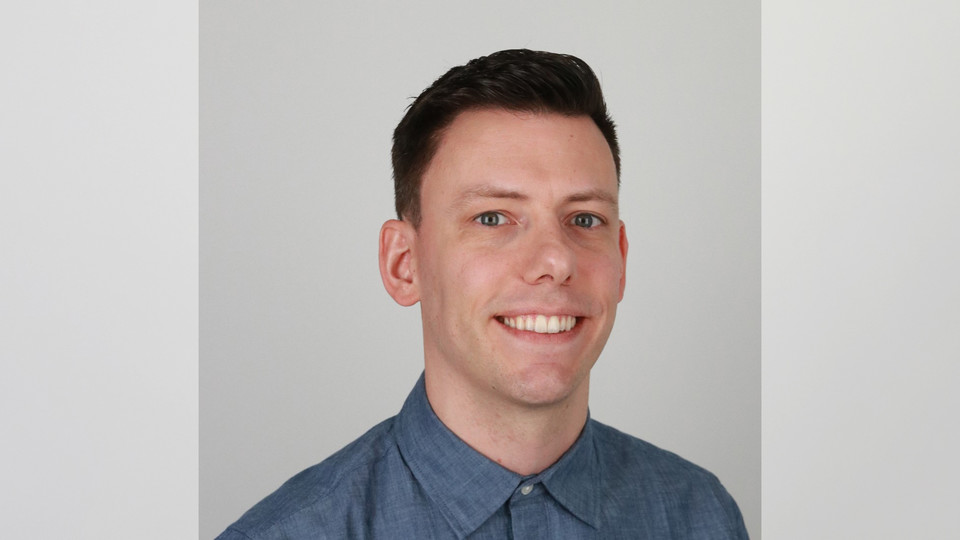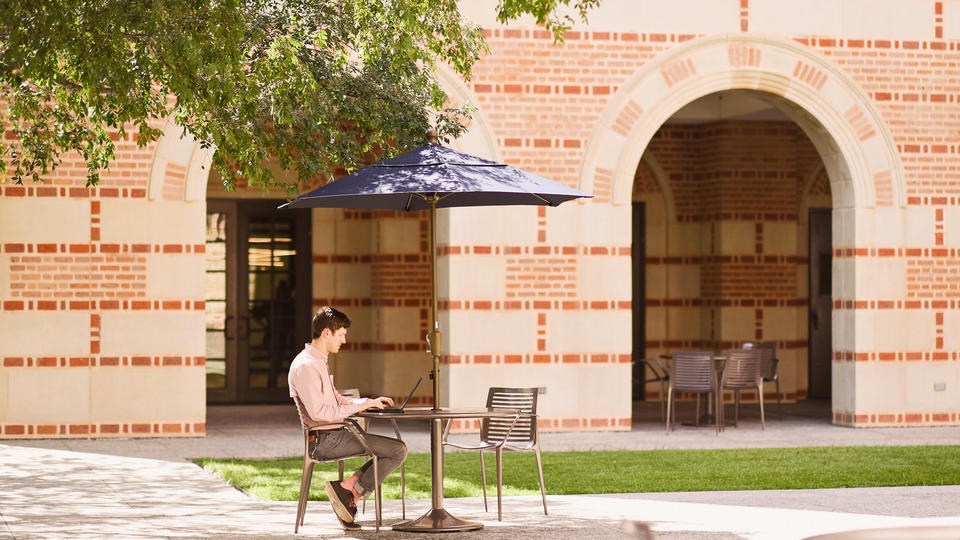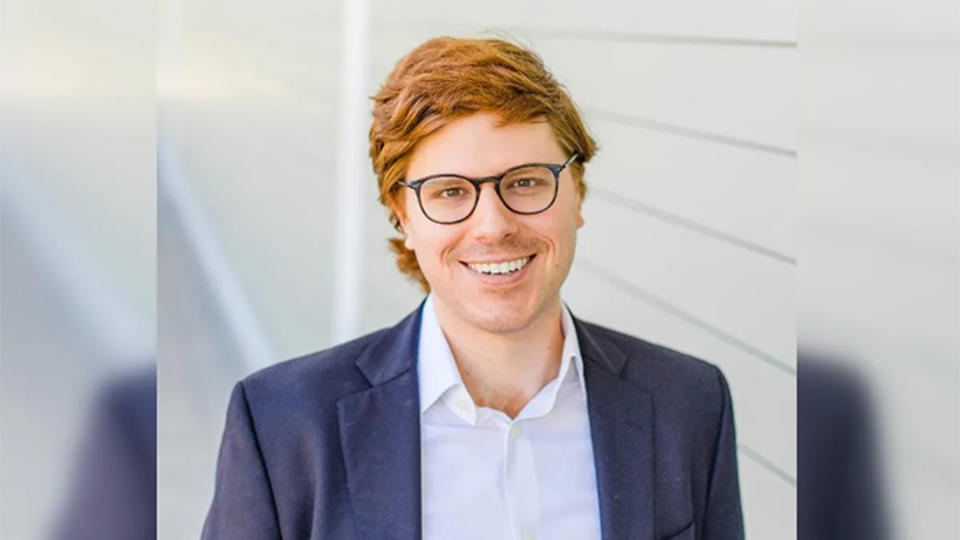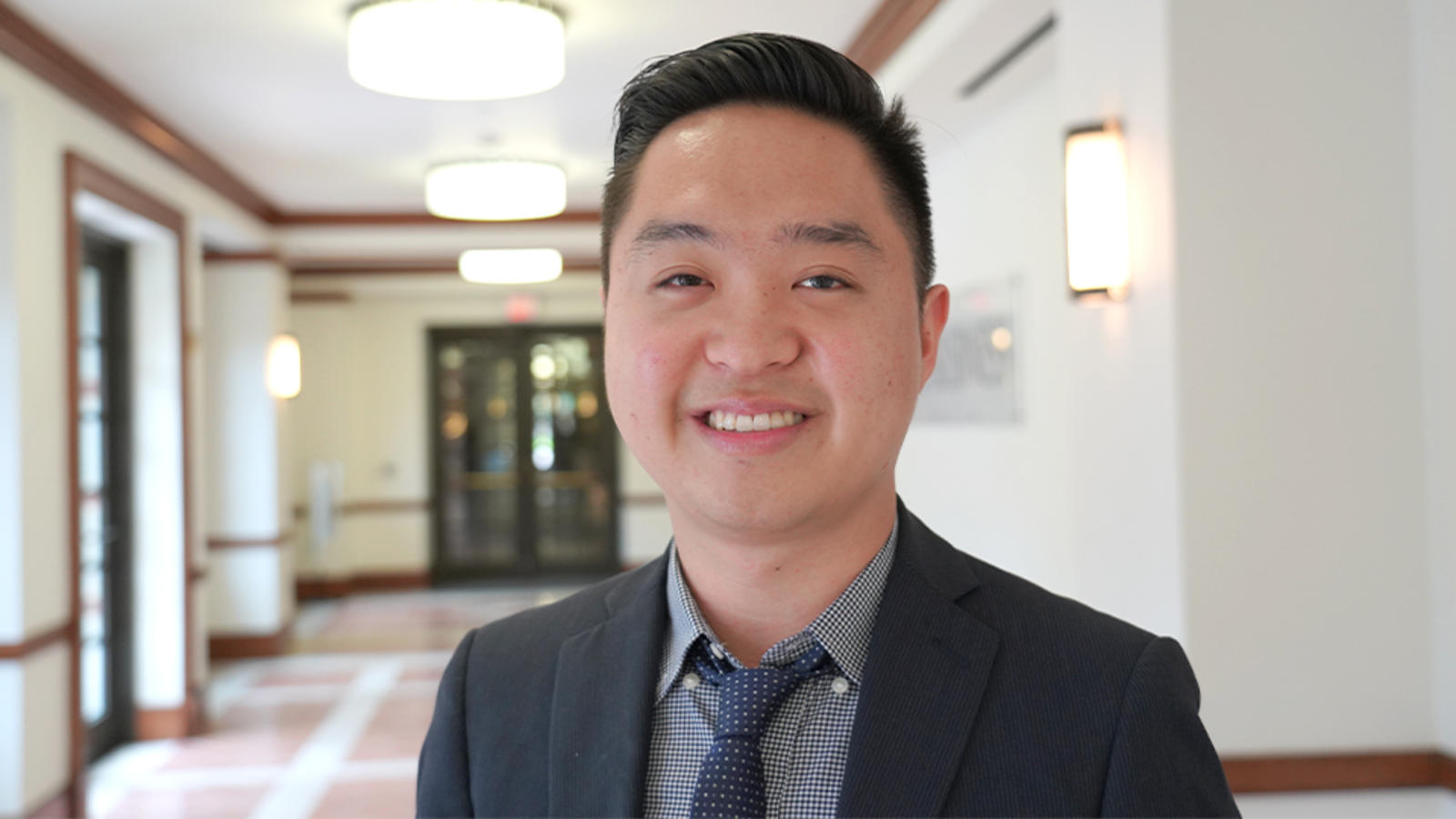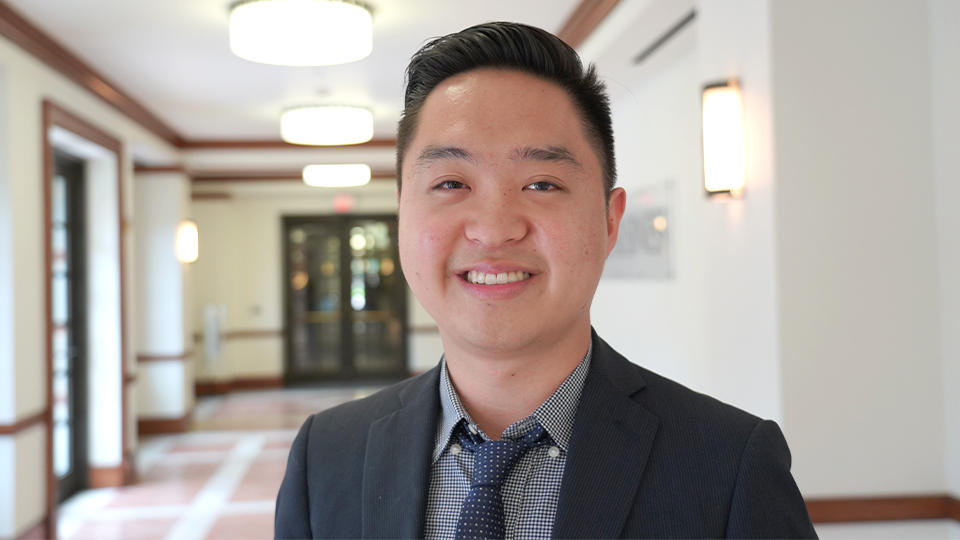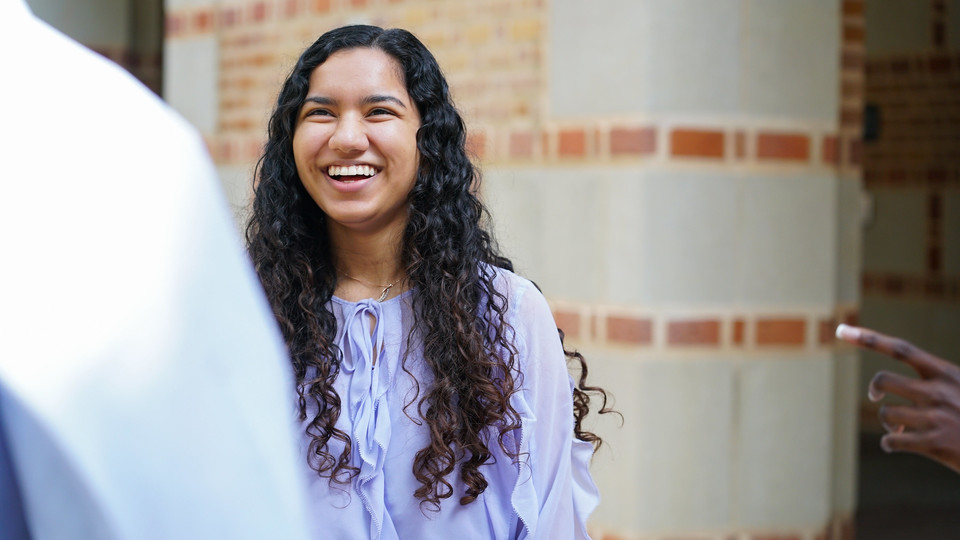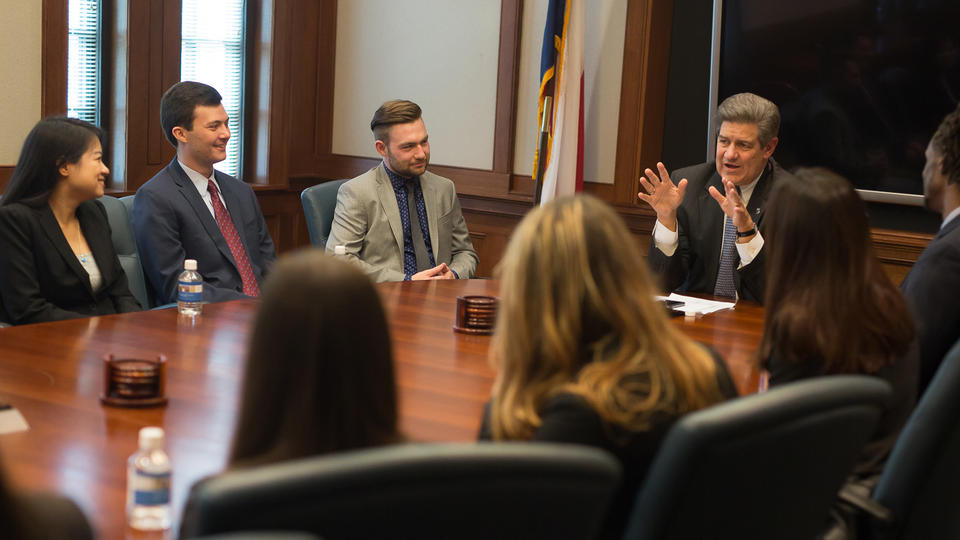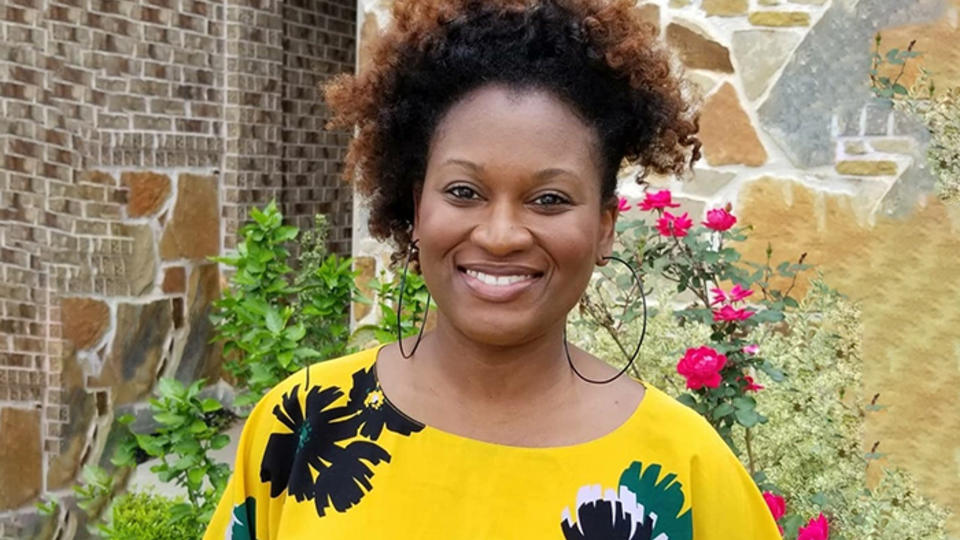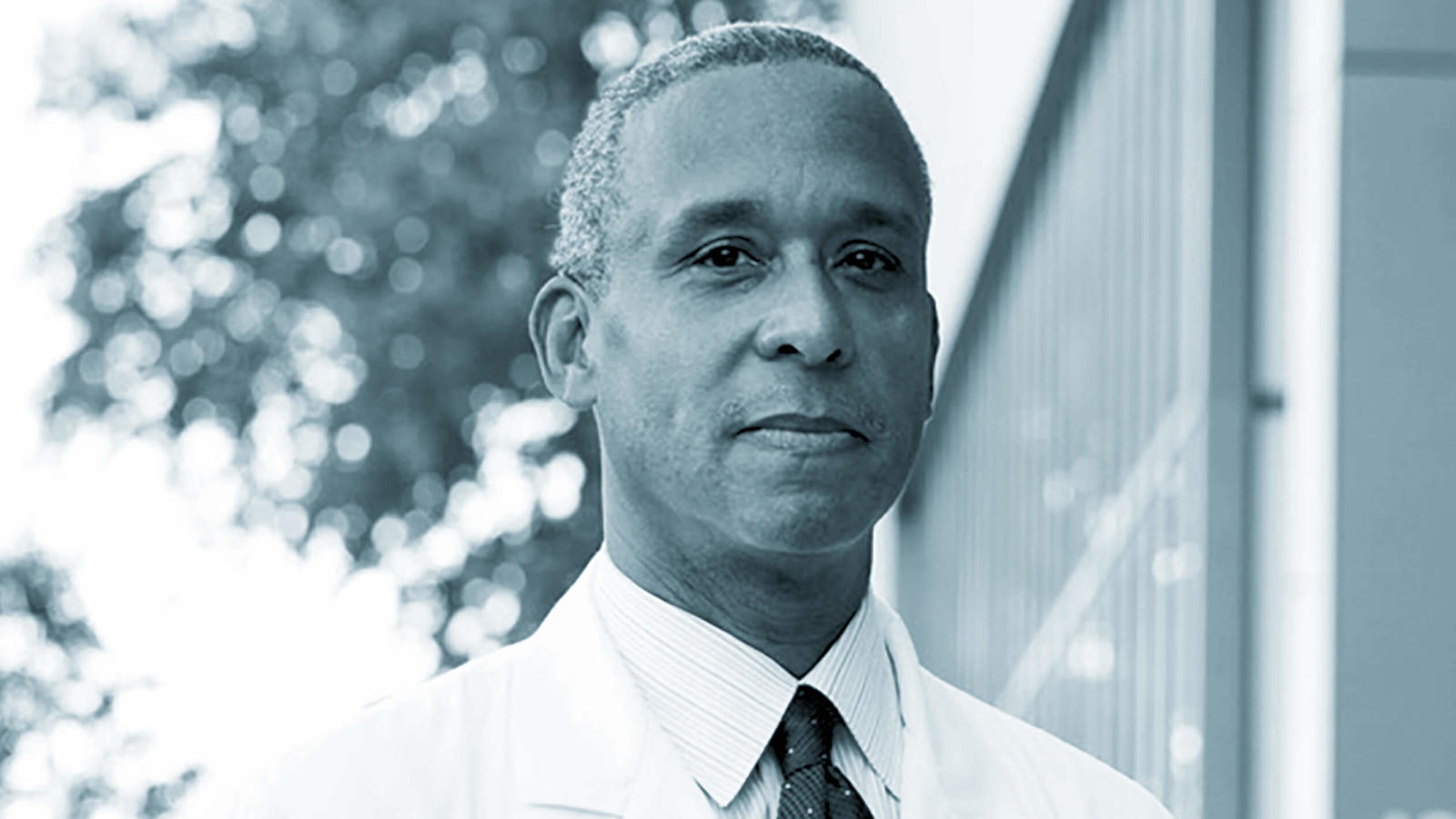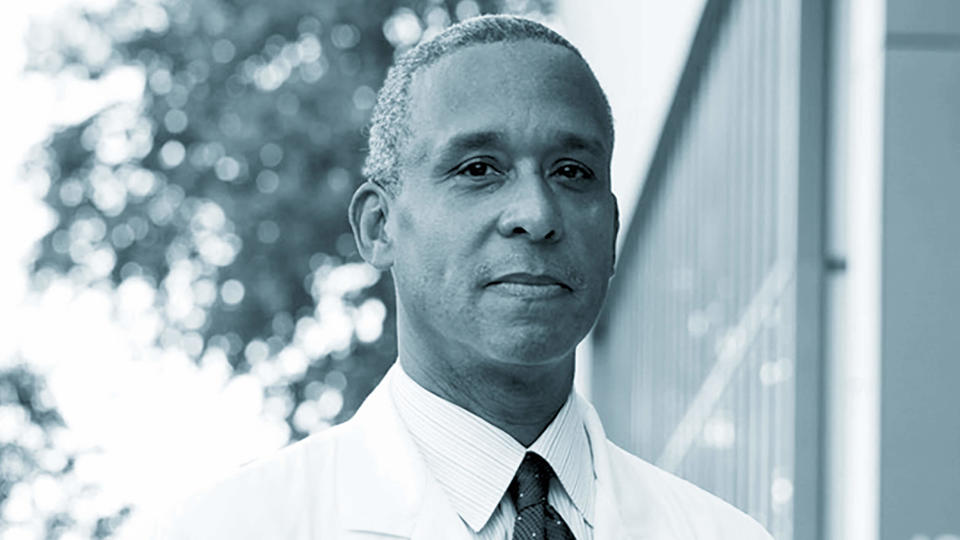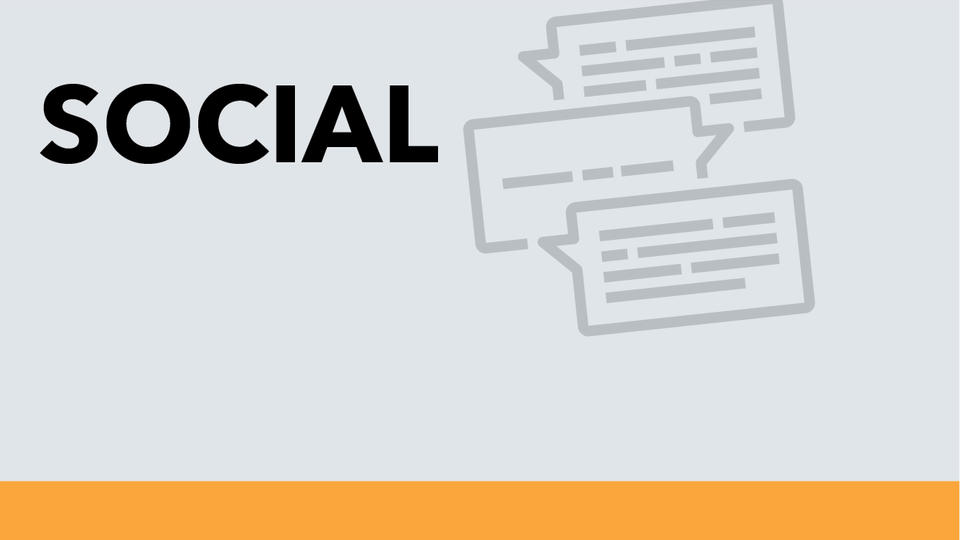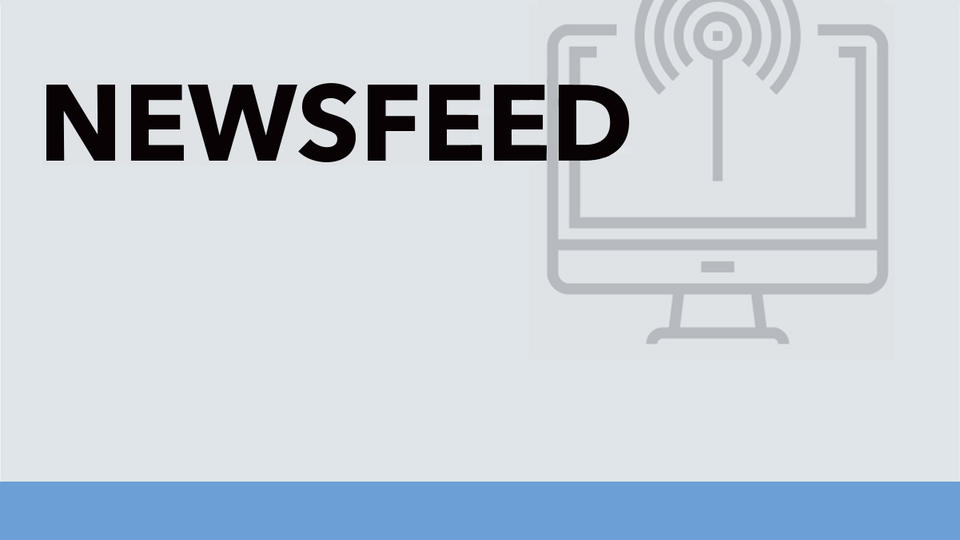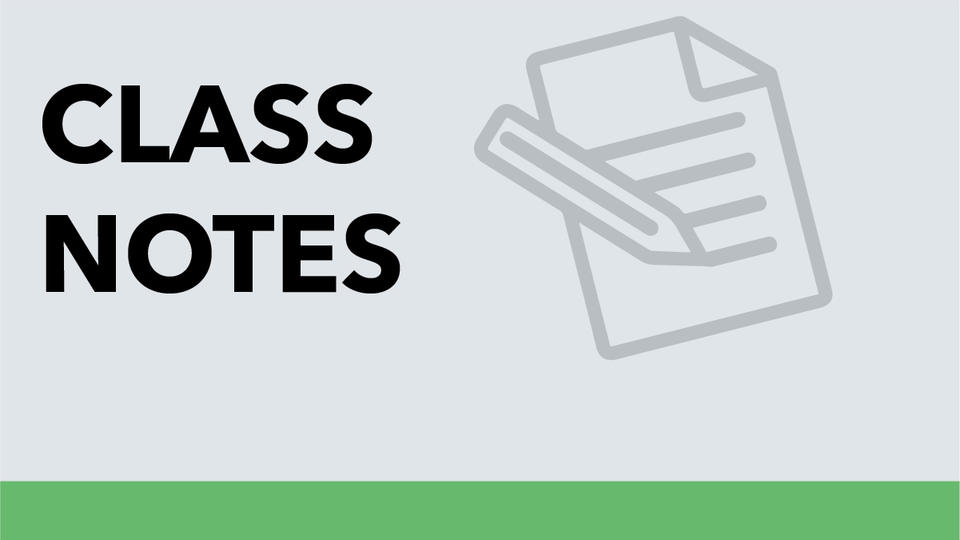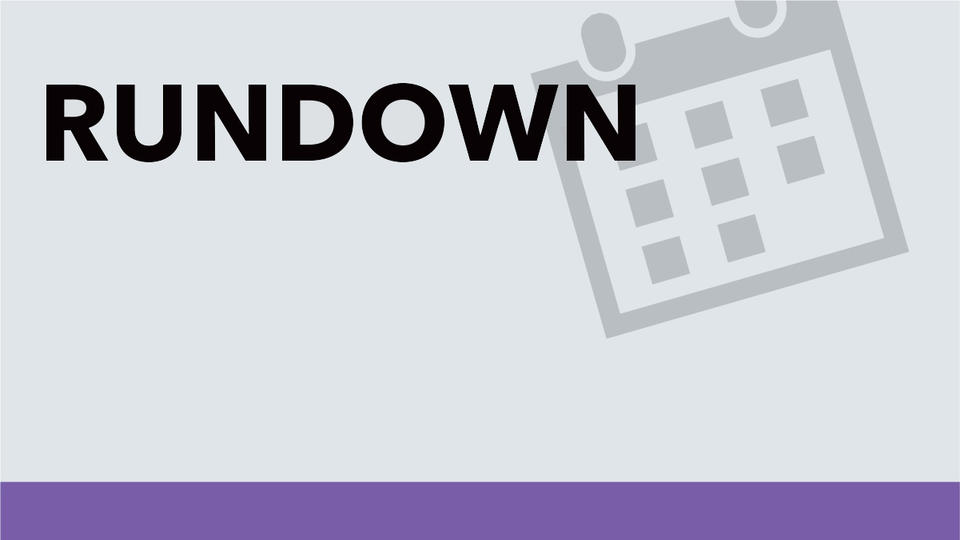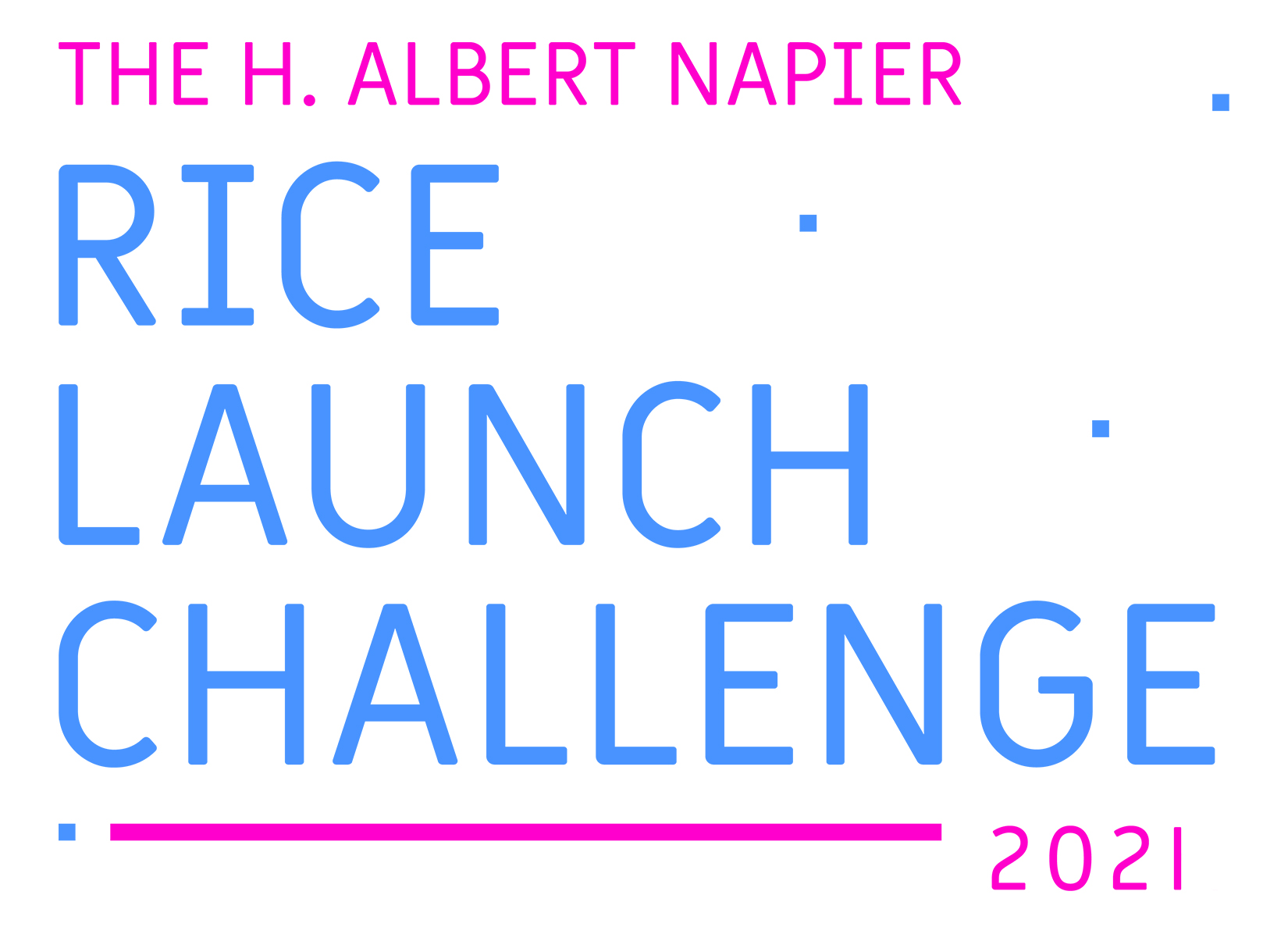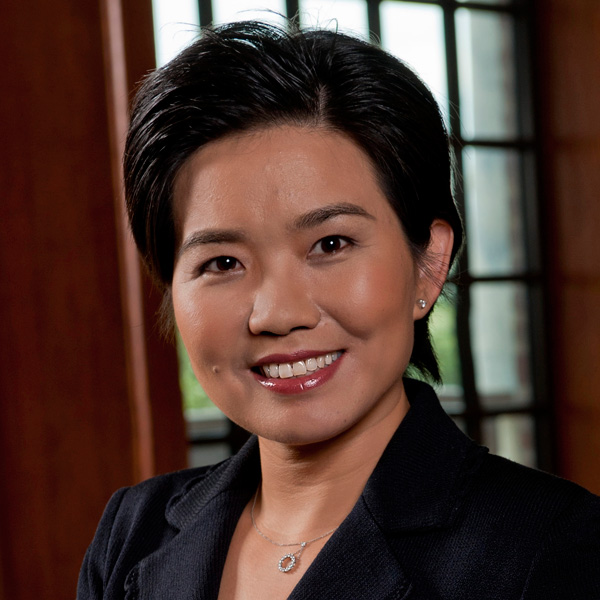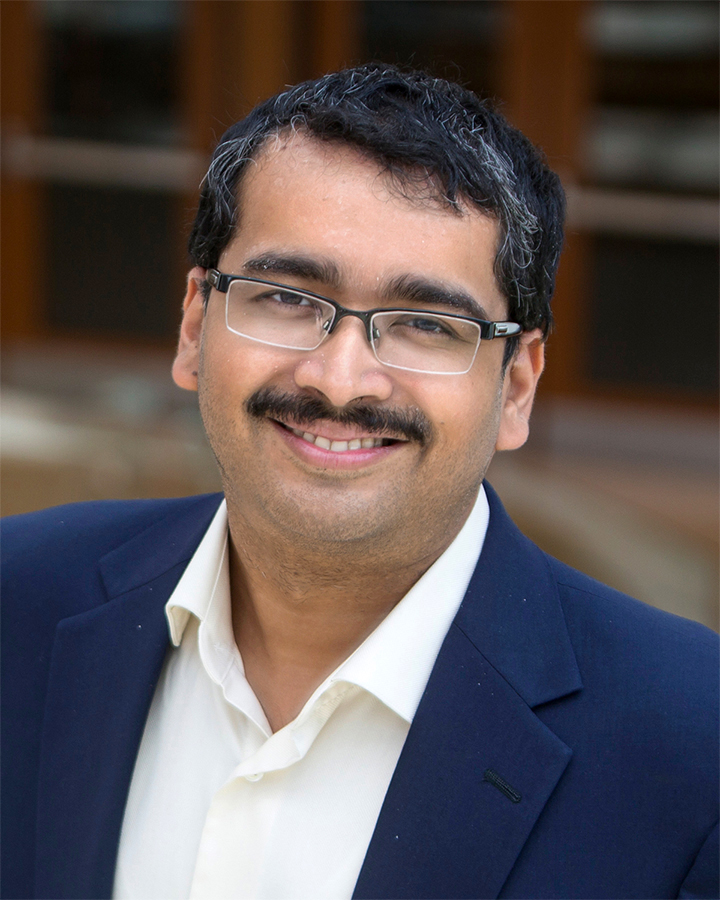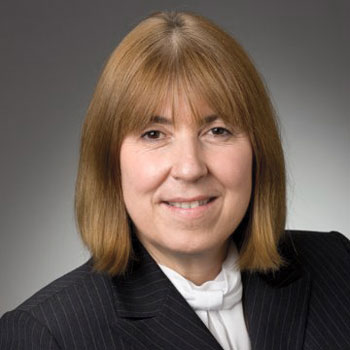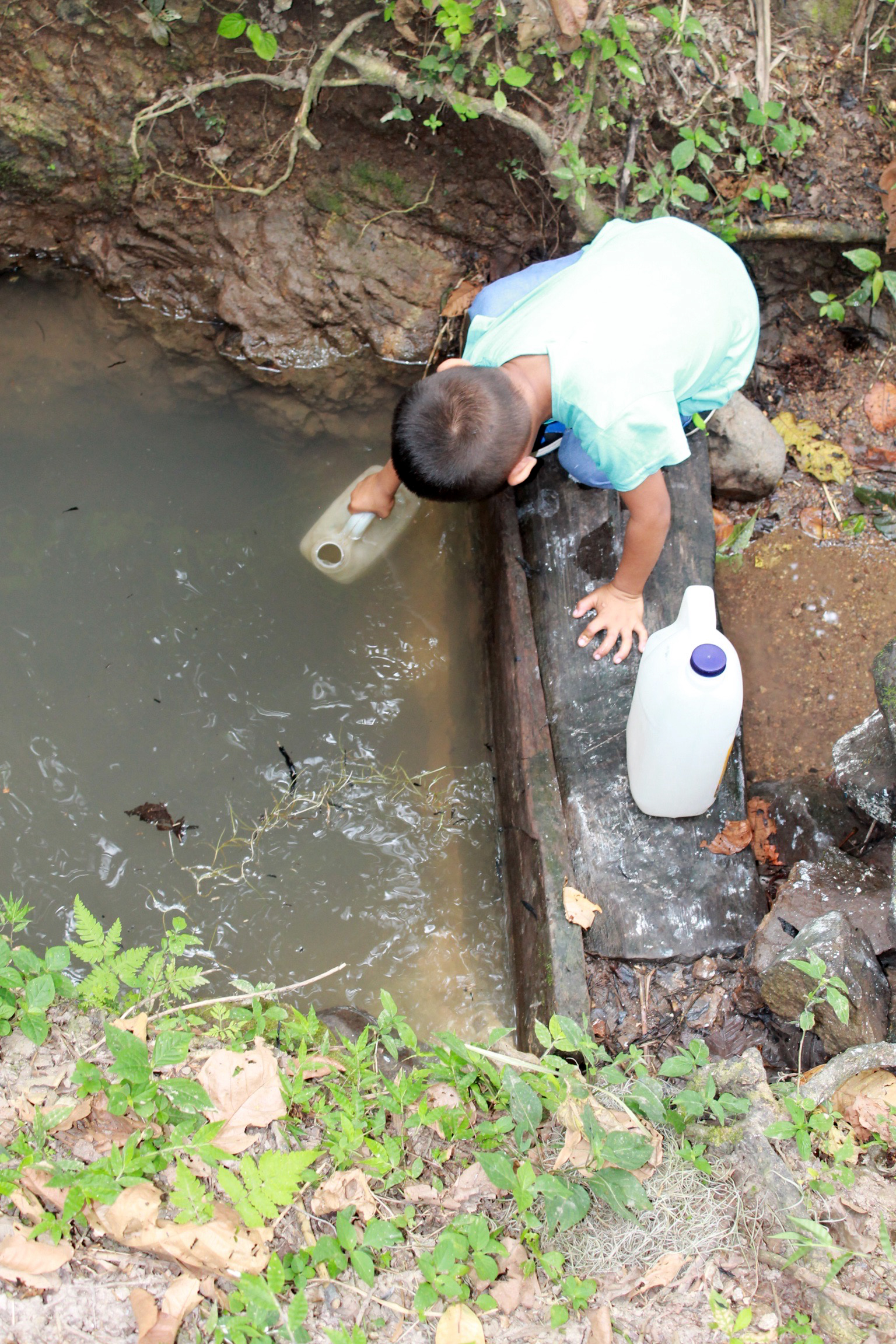What does a hospital do when it runs out of surgical gowns? Ordinarily, order more surgical gowns. But nothing was ordinary in New York during the spring of 2020, when a surge in coronavirus cases made personal protective equipment nearly impossible to find.
As president of SUNY Downstate Health Sciences University, a teaching hospital in Brooklyn, New York, Wayne Riley oversees nearly 5,000 employees serving a population of over 2.3 million people in one of the most diverse communities in the country. When the coronavirus pandemic hit New York, it hit Brooklyn disproportionately hard, taxing the medical center like never before. Like most hospitals, SUNY Downstate had long embraced the principal of “just in time” inventory, keeping virtually no stockpiles of medication, equipment or supplies. And when protocols changed overnight, requiring everyone in the hospital to wear masks and surgical gowns — not just surgeons and ICU staff — they started burning through PPE at an unprecedented rate. By early April, they only had enough gowns to get them through another 36 hours, and no prospect of resupplying. So Dr. Riley got creative. He checked with his maintenance staff and found that they had plenty of garbage bags.
Those became Plan B.
“We never did run out of gowns, but we got dangerously close,” he says.
“We probably use 500 to 600 gowns a day in normal times, but then everyone had to wear gowns and we went to 7,000 gowns a day. You can see how fast that erodes your just-in-time inventory.”
Riley, who has an MBA from Rice Business along with a medical degree from the Morehouse School of Medicine, a Master of Public Health degree from Tulane University and a BA in anthropology from Yale University, had to adapt quickly in a crisis that brought new challenges daily.
“Every day there was a supply chain issue. It was like Whack-a-Mole. I might need 10,000 swabs today; tomorrow I need 30,000 gowns. Then we run out of masks, then it was gloves, then it was drugs — we needed medication to sedate patients to put them on a ventilator,” he says. “I had never heard the concept of supply chain management until I went to business school at Rice, and during COVID I kept thinking back to those discussions. This was the problem we were dealing with in New York City: The supply chains we were relying on for all of our needs — gowns, syringes, pharmaceuticals — got disrupted within weeks.”
For the entire healthcare industry, the normal rules of operation no longer applied. Medical centers that had been fierce competitors suddenly embraced a new role as allies in a humanitarian crisis that spared none of them. One Friday night, the head of a nearby hospital called Riley, desperate for help. “They said, ‘We’re down to our last 5 cans of oxygen. We have 200 patients on ventilators. Can you spare any until Monday morning?’ ” Riley recalls. Oxygen, luckily, was one thing he did have. He sent it over.
“Everybody knew this was different. This wasn’t capturing market share or trying to rise in the rankings — this was trying to save lives,” he says.
To keep his staff safe and ensure the highest level of care for their patients, Riley dove into advocacy and negotiation, wrangling new sources of PPE wherever he could. “My management training tells me you have to roll up your sleeves and manage by walking around,” he says. “Leadership is a contact sport, and by showing that I’m willing to jockey for masks and swabs, that I’m making the calls and that I’m passionate about making sure our staff has PPE, it gives people confidence and support.”
Riley’s students and staff needed the support, especially as a second crisis gripped the country over the summer following the death of George Floyd, an unarmed Black man, at the hands of white police officers in Minneapolis, along with numerous other Black victims of police violence nationwide.
“In the Black and brown community around the country, we’ve had a twin pandemic. You have the disproportionately high incidence of COVID-19, and high mortality from it. Then you have superimposed on that the social justice movement in response to the murders of Ahmaud Arbery, Breonna Taylor and George Floyd,” he says. “We’ve had to deal with both. It’s really caused a soul-searching in all institutions, including the medical profession: What have we done in the past that may have contributed to this?”
That’s not a rhetorical question. In the healthcare field especially, the effects of institutional racism still reverberate — including a deep mistrust for vaccines among the Black and brown community, Riley says. “It goes back to the days of slavery, when they tested new treatments on slaves to find out if they were safe for their owners, up to the Tuskegee Study that lasted through the 1970s. That parade of horribles did happen, but this pandemic is wiping out people young and old, people in the prime of their life, and I will be the first to take a vaccine on the front steps of my hospital to show my community that it’s safe.”
Vaccination will stop only the first part of this twin pandemic, of course. Riley will keep battling the second long after COVID stops spreading. Of his many board memberships, perhaps the most notable is with the New York Academy of Medicine, where he is the first Black board chair in the organization’s 173-year history. Its mission is to alleviate healthcare disparities of the kind that made Brooklyn one of the epicenters of COVID mortality in the U.S.
“If nothing else, this pandemic has elevated the awareness of healthcare disparities in this country. Why do African-Americans have hypertension at a rate of three to four times the rest of the population, as well as higher rates of obesity and diabetes — which happen to be the three top preexisting conditions that this pandemic has targeted like a laser beam? My hope, when we get to the other side of COVID, is that we have a very fulsome discussion of how we address these disparities. It’s not healthy for our country to have a large segment of the population whose lives are cut short and who get sicker at a much greater rate. We may not ever be able to eliminate health disparities entirely, but we can lessen their impact with an all-hands on deck approach. Healthcare institutions, the government and the private sector all have a big role to play.”
